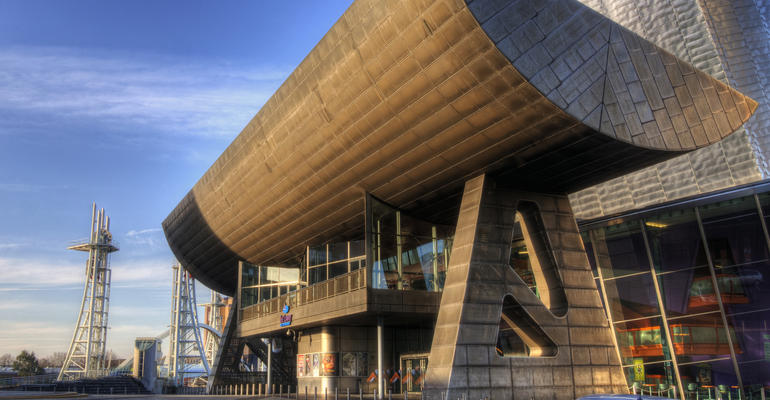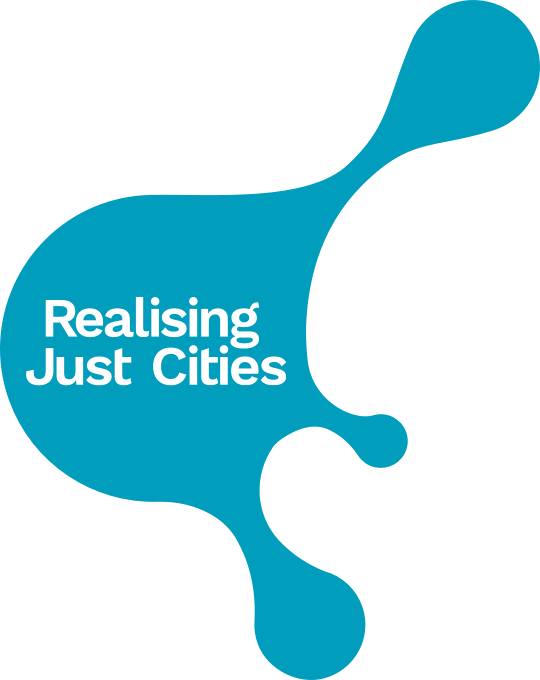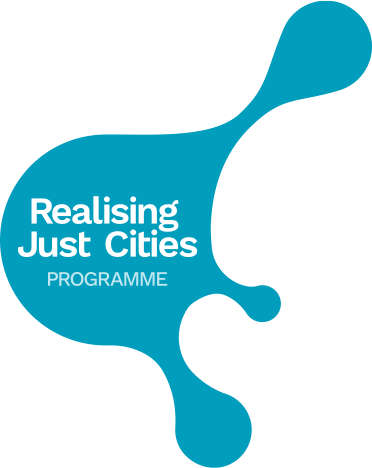Greater Manchester’s 2019 Green Summit: A crossroads in the city-region's path towards climate change action?

Ryan Bellinson is a postgraduate researcher embedded in Greater Manchester's Low Carbon Hub. He reports from the 2019 Mayoral Green Summit:
It was a bright morning as the sun glistened over the Salford Quays — a defunct shipping dock now redeveloped as a glittering mixed-used area unrecognisable to its former self. The doors of The Lowry Auditorium opened at 8.30 in the morning to allow the growing line of people inside. The day was billed as an important moment for Greater Manchester. It was the second Green Summit.
Nearly 1,700 people showed up at the auditorium hall to witness and participate in the day’s proceedings. The Greater Manchester Combined Authority (GMCA) marketed the event as the official launch of the city-region’s 5-Year Environment Plan, the first step of what the organisation hopes will be a nearly 20 year journey towards achieving carbon neutrality. While this second Green Summit certainly did present this ambition and introduce the policy document in a carefully orchestrated manner, there was more going on beneath the surface that was both observable and notably absent.
I would like to highlight just two brief reflections to illustrate deeper challenges that have arisen throughout the GMCA’s efforts to produce the 5-Year Environment Plan through a new publicly engaging policy development process.
First, there was a lot stated by presenters throughout the Green Summit’s proceedings, but there were also certain topics that were distinctly absent. Speaker after speaker during keynote speeches, panel discussions and breakout workshops all applauded Greater Manchester for its ambition to take action on climate change against a science based target. There was plenty of praising GMCA for creating a pathway to achieve the lofty goal.
However, there was no discussion of, or space to debate the glaring examples of action within the city-region that does not match its rhetoric. For example, the local authorities and universities pension funds lack of intention to divest their holdings from fossil fuel companies, the city-region’s unquenchable blind drive for economic growth and consumption, or the billion-pound expansion of the local airport were all critical issues completely left of the table.
Second, there were several critical interventions at the Green Summit made by campaigners, activists, and concerned attendees that were completely missing from the first Green Summit. For example, as attendees entered the venue, a group of activists representing a loose collection of campaigning organisations handed out a pamphlet listing a number of demands calling for more action, faster. Throughout the day a group of youth climate strikers implored those in power to take climate change more seriously in order to safeguard their future. And at the close of the event a group of Extinction Rebellion volunteers demanded more action, faster, through an act of political disobedience, calling on government authorities to declare a climate emergency and take responsible actions to address the crisis.
To me, these moments of critical intervention felt positive: They acknowledged the GMCA’s efforts in developing the 5-Year Environment Plan, while simultaneously imploring leaders to take much more significant action. It’s unclear what effect these critics will ultimately have, but the concerns from those critical voices seemed to be heard. I see the existence of the dissenting interventions at this year’s Green Summit as a positive development compared to the Summit twelve-months earlier because it demonstrates those minority voices are becoming emboldened to speak out and force their knowledge to be heard within the broader discourse.
This year’s Green Summit was obviously imperfect. It was a significant day for shaping future climate change action in Greater Manchester. It brought a large number of individuals and organisations together around a clearly articulated ambition. However, some crucial issues were largely left off the table, leading some to carve out spaces for injecting critical impatience in the discussion. The view that the city-region must now begin taking sweeping actions on climate change was presented throughout the Green Summit. Critical dialogue is also necessary if action is to move ahead.
Ryan Bellinson is undertaking a PhD at the University of Sheffield's Urban Institute, supervised by Prof. Beth Perry. Read more about Ryan's contribution to Realising Just Cities.
Main photo: The Lowry Centre at dawn. Original photograph by (and copyright to) Neil Howard, reproduced under this creative commons license.




